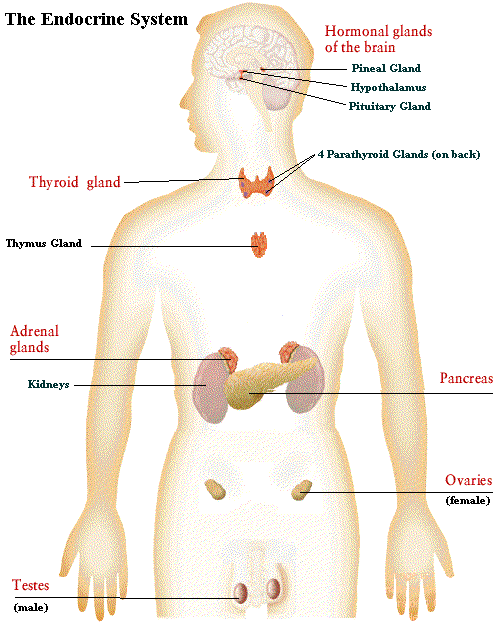Photo Credit: Blogging
Blogging! what is it all about???
The first time that our teacher told us that we're going to do blogging I was shock. Literally shock! Why??? cause I don't know where to start, what to write, and so on. It's not that it was new to me but It's not my forte, I'm not a good writer at all. But then I try.
 |
| Photo credit: Plagiarism |
The first topic assign to us is Endocrinology. At first, we need to start with the books or some trusted sites. I read about the topic, get the main idea then construct my own blog. One rule in blogging is "PLAGIARISM IS NOT ALLOWED". When you copy you cannot call it "MINE" cause you didn't work hard for it.
At first, I was thinking that "I need to create my blog so I could have a grade", but as time passed the thought of having grades was replaced by enjoyment. I enjoy blogging, and I also learn from it. I enjoy expressing my thoughts and sharing it to others. From reading books I gain new knowledge, from writing I can practice my own grammar and in reporting blog I gain CONFIDENCE.
Though it's the end of the semester, I could say that IT IS NOT YET THE END FOR BLOGGING. Thanks to Mrs. Virginia Gaces who inspired us and help us in these.
 |
| Photo credit: I can dot it |
I MADE IT AND SO YOU CAN! :))












